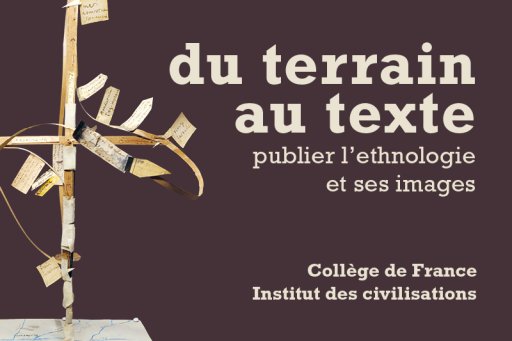Created in 1991, the Fête de la science is organized every year by the French Ministry of Higher Education, Research and Innovation, to give everyone the chance to discover the world of science and meet the men and women who make today's science possible.
This year, researchers from the ChaDoCs association (Chercheurs Associés et Doctorants du Collège de France) will be organizing online conferences from Monday October 4 to Friday October 8, and face-to-face activities on October 9, from 9:30 am to 5:30 pm.











